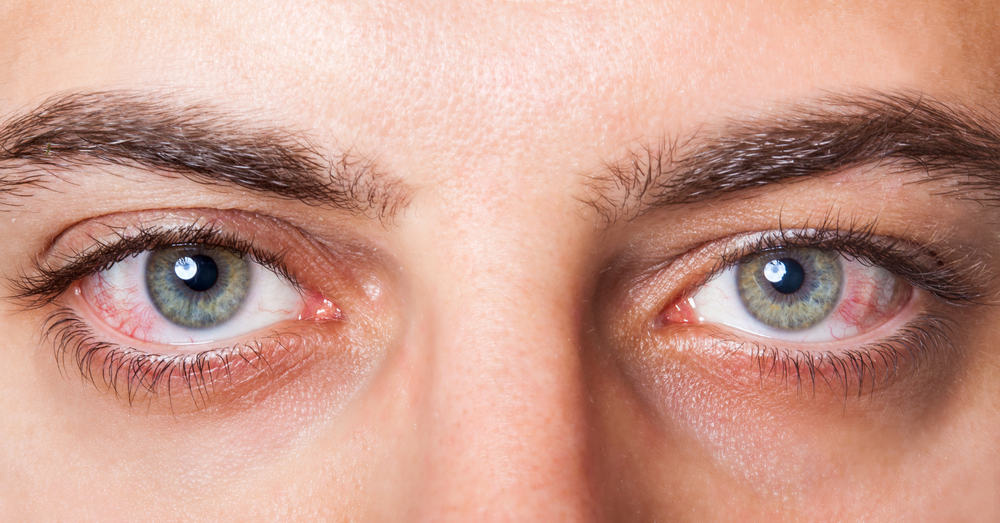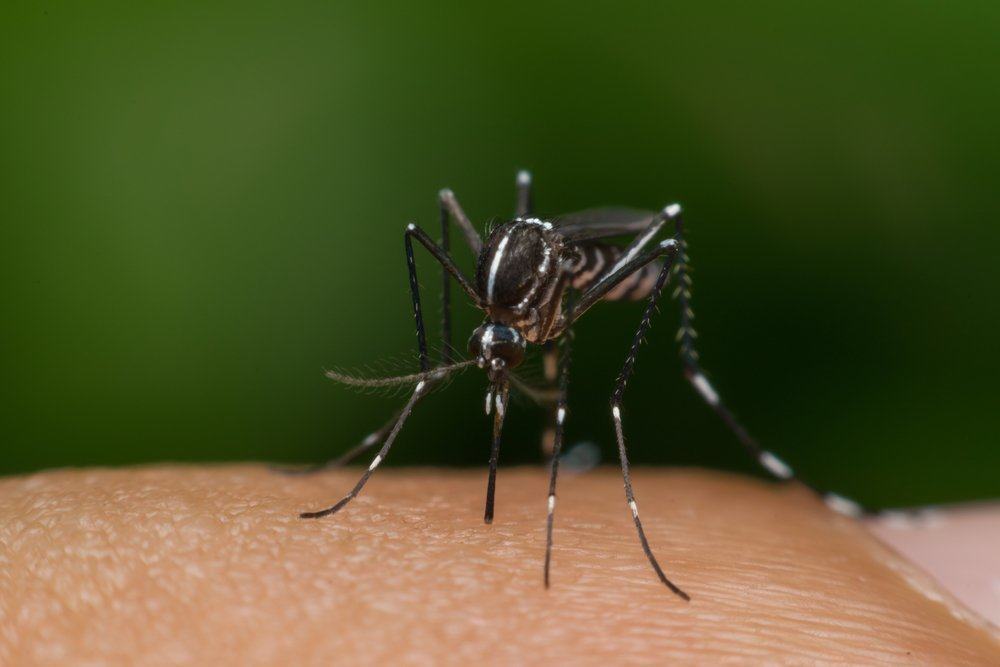Contents:
- Medical Video: Hepatitis A and B | Nucleus Health
- How to transmit hepatitis A
- Hepatitis A transmission from person to person:
- Hepatitis transmission from food or drink:
- People who are most at risk of developing hepatitis A
- What to do if you have been exposed to the hepatitis A virus
- If you have had hepatitis A, you will not be affected again
Medical Video: Hepatitis A and B | Nucleus Health
Hepatitis A is a contagious liver disease, which is caused by the hepatitis A. The disease can occur mildly which will heal within a few weeks, but can also occur severely and will only recover after a few months. However, compared to other types of hepatitis, hepatitis A is the "lightest" type of hepatitis.
How to transmit hepatitis A
Hepatitis A usually spreads when the hepatitis A virus enters your mouth through contact with objects, food, or drinks that have been contaminated by feces or seating from people who have been infected with hepatitis A. The hepatitis A virus can stay in the free air outside the human body during several months. Here's how you can get hepatitis A.
Hepatitis A transmission from person to person:
- When an infected person does not wash his hands properly after leaving the bathroom, then touch other objects, food, and drinks.
- When a parent or nurse does not wash his hands properly after changing a diaper or cleaning the seat of someone who has been infected with hepatitis A.
- When someone has sexual relations, including anal or oral, with people who have been infected with hepatitis A.
Hepatitis transmission from food or drink:
Hepatitis A can be contagious if you eat or drink food or water that has been contaminated by the hepatitis A virus (including frozen food or foods that are not fully cooked). This is usually easier in areas where the sanitation system is not good and people who are less hygienic or dirty.
Foods and beverages that are most often the target of the hepatitis A virus are fruit, vegetables, shellfish, ice, and water.
You may not donate blood if you have hepatitis A at the age of 11 years
If you have had hepatitis A when you are under the age of 11, you can still donate your blood. However, if you have hepatitis A when you are over 11 years old, you cannot donate your blood. First check with the expert doctor to make sure further.
People who are most at risk of developing hepatitis A
Even though everyone can get hepatitis A, there are groups of people who are more likely to get hepatitis A. Here are some of them:
- People who live or visit a country where there is a lot of hepatitis A
- Men who have sex with men
- People who use illegal drugs, including those who use needles or not
- Having a blood clot, for example hemophilia
- Live with people who have hepatitis A
- Live in an area where the water is not clean
- Have oral-anal sex with people who have hepatitis A
What to do if you have been exposed to the hepatitis A virus
If you feel you have the potential to be exposed to the hepatitis A virus, hurry up and contact your doctor for further treatment. If you have just been exposed, and you have never received a hepatitis A vaccine before, you might be saved by injecting a hepatitis A vaccine or getting immunoglobulin treatment, within the first 2 weeks after you are exposed to the hepatitis A virus. However, consult with your doctor. The doctor will determine the most appropriate basis for hepatitis A treatment for you, adjusted for your age and overall state of health.
If you already have hepatitis A, talk to your doctor about further treatment, including methods to protect people around you so they don't get infected. For people who get hepatitis A quite badly, chances are they need intensive care at the hospital.
If you have had hepatitis A, you will not be affected again
Once you have hepatitis A, your body will form antibodies that protect you from being attacked by the hepatitis A virus in the future.
READ ALSO:
- 5 Important Facts About Hepatitis You Need to Know
- 6 Things You Can Not Lend, For Health
- 4 Myths and Facts About Gender












